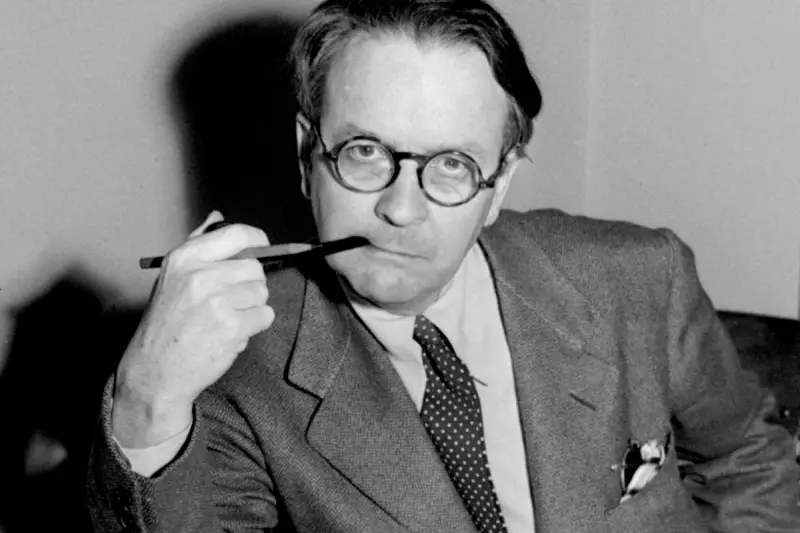
In a startling literary revelation that rewrites our understanding of 20th-century fiction, a new biography has uncovered Raymond Chandler's deep fascination with Franz Kafka, demonstrating how the bleak, bureaucratic nightmares of the Czech writer directly influenced the creation of the hardboiled detective genre.
Tom Williams' meticulously researched work, 'A Mysterious Something in the Light: The Life of Raymond Chandler,' exposes previously unknown dimensions of the legendary crime writer's intellectual world. While Chandler remains famous for his iconic private eye Philip Marlowe, this research reveals he was equally captivated by Kafka's haunting visions of alienation.
The Unlikely Literary Connection
Chandler, who didn't begin writing until his mid-forties after losing his oil company job during the Depression, saw in Kafka a kindred spirit exploring modern despair. Williams' research demonstrates that Chandler kept Kafka's works close at hand while crafting his own Los Angeles underworld.
"The connection seems improbable at first," Williams notes, "but both writers were grappling with individuals trapped in systems beyond their control. Marlowe navigating corrupt institutions directly echoes Kafka's protagonists facing impenetrable bureaucracies."
From Prague to Los Angeles
The biography reveals how Chandler absorbed Kafka's themes of existential dread and institutional absurdity, translating them into the sun-bleached, morally ambiguous landscape of Southern California. Where Kafka created surreal court systems, Chandler constructed labyrinthine criminal networks.
Williams identifies specific parallels between works like 'The Trial' and Chandler's masterpiece 'The Long Goodbye,' where truth becomes increasingly elusive and institutional corruption overwhelms individual agency.
Chandler's Broader Literary Influences
Beyond the Kafka connection, Williams' biography explores Chandler's complex relationship with other literary giants:
- Edgar Allan Poe: Chandler admired Poe as the originator of detective fiction but sought to move beyond what he saw as formulaic approaches
- Dashiell Hammett: While often compared, Chandler believed Hammett's work lacked emotional depth
- F. Scott Fitzgerald: Shared fascination with American dreams and disillusionment
Chandler's own writing philosophy emerges as distinctly intellectual, despite his reputation for pulp fiction. He famously declared that "the crime story doesn't have to be a who-dun-it, it can be a work of art."
A Writer's Turbulent Life
The biography also delves into Chandler's personal struggles, including his alcoholism, turbulent marriage to much older woman Cissy Pascal, and eventual decline. These personal battles informed the melancholic tone that made his work resonate with Kafka's vision of modern anxiety.
Williams argues that understanding Chandler's Kafkaesque influences helps explain why his novels continue to captivate readers decades later—they tap into universal fears about identity, justice, and navigating complex systems that threaten individual integrity.
This rediscovery positions Raymond Chandler not merely as a master of genre fiction, but as a significant literary figure engaging with the same profound questions that preoccupied the greatest European modernists of his era.





